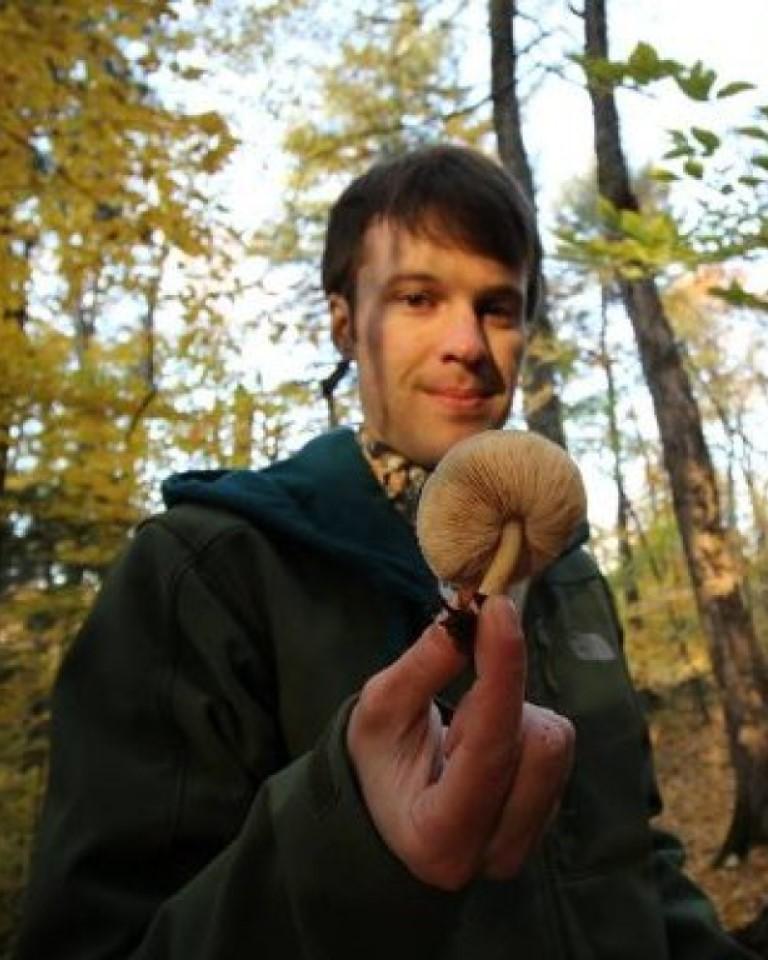Thomas Anneberg

ALUMNI SPOTLIGHT | MAY 2017
KU major: Biology, class of 2015
Current occupation: PhD Student
Research mentor while at KU: Jennifer Gleason
Describe the undergraduate research experience that you had while at KU:
A: While at KU, I spent three years in Dr. Jennifer Gleason's lab studying the elaborate courtship ritual in the fruit fly species Drosophila americana. I specifically was interested in the highly unusual "duet" that the male and female D. americana performed. Using a very small microphone (an Insectovox), I recorded the fly song that the male and female performed during courtship and determined that the reply latency of the female to the male's own fly-song was variable and did not constitute a true duet where one partner replies with a very specific time lag after the other's initial call, as is the case with fireflies.
Q: What do you think was the most important thing you learned while doing undergraduate research?
A: I learned how to better manage my own time. Being an undergraduate gave me a lot of the freedom and autonomy that I so highly value, but with that freedom, conducting an individual research problem brought on an adjustment period for me. There was nobody hovering over me like a manager, telling me what to do and to stay on track. My lab's PI was an excellent mentor, but by no means was she micro-managing my time. She made it clear that she was there to help and advise, but not be my boss per se.
Q: What advice do you have for undergraduates who might be interested in doing research or creative scholarship?
A: Read the literature! I can't stress this more! Your ideas for your research may be new or trendy for the times, but you've got to know why your research matters and how it will impact your area of the discipline. I could definitely go out and research why cockroaches won't eat cucumbers, but I have to know how that research will impact other researchers studying related fields of ecology.
Q: Do you use any of the skills or perspectives gained doing research in your current occupation? How so?
A: Since I am still doing research at the university, I can't begin to explain how helpful it was to be involved in a lab at the undergraduate level. Very broadly, I use the time management and organizational skills I developed in my undergraduate lab to be a more effective graduate student today.
Q: Many undergraduate researchers are making decisions about what to do after they graduate from KU. Having been in those shoes, what do you know now that you wish you’d known then? Do you have any advice?
A: Take time for yourself. Often times, it feels like a culture shock to look out across the street from my office window at my graduate school and see college undergrads partying and having fun while I'm working. There can definitely be a middle ground to having an extensive social life and being a highly productive researcher. It is perfectly alright to have more than just your research and studying that defines your life; take time to enjoy things outside of academia.